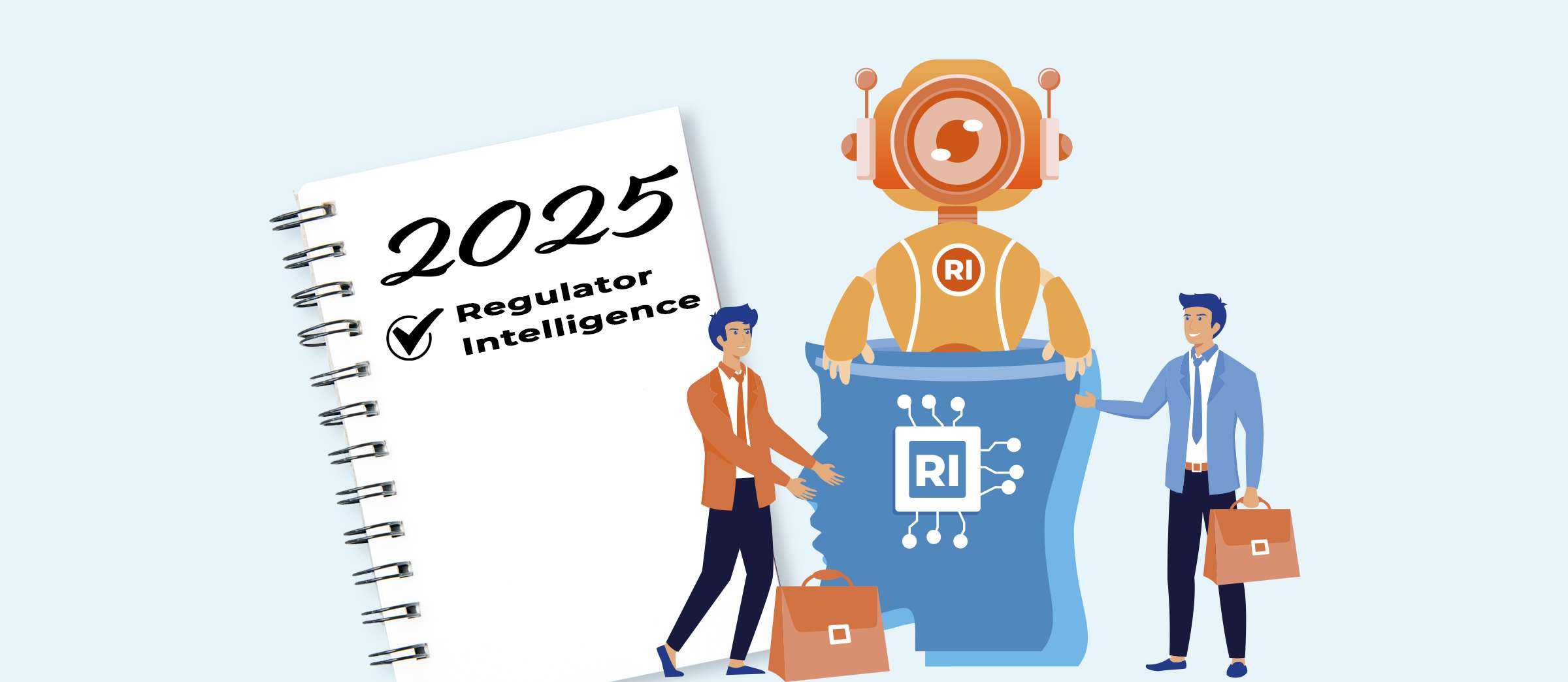 Meet Freya
Meet Freya

As people in the regulatory field, we’re witnessing ourselves how Regulatory Intelligence is evolving from a “nice-to-have” into a critical business function. With an increasing volume of regulatory changes and the growing importance of compliance, Regulatory Intelligence as a field will soon become indispensable.
The numbers tell a compelling story: according to McKinsey’s 2023 “Life Sciences Regulatory Outlook” report, pharmaceutical companies faced an average of 250+ regulatory updates across major markets (US, EU, China) in 2022, marking a 35% increase from 2021. This unprecedented pace of regulatory evolution is fundamentally reshaping how life sciences companies approach compliance and development strategies.
The ability to interpret, forecast, and strategically navigate complex regulatory landscapes is a critical skill to have for professionals in the regulatory field across industries. As the world evolves, so does the skill set required for success. But what exactly does it take to excel as an RI professional today?
We will break it all down for you! Let’s explore the essential skills that Regulatory Intelligence professionals need to succeed in 2025, focusing on how these abilities contribute to a proactive approach to staying compliant.
Why RI Professionals Matter: In a regulatory world that seems to evolve daily, Regulatory Intelligence professionals serve as the crucial bridge between regulatory demands and strategic company action. Their work goes far beyond compliance checks; they provide a forward-looking lens that helps companies anticipate, rather than simply react to, regulatory shifts. This proactive approach is essential—especially in industries like pharmaceuticals, where regulatory changes can drastically impact product pipelines and market timelines.
The heart of Regulatory Intelligence lies in data analysis. The most successful RI professionals don’t just read regulations – they analyze trends and patterns. Strong analytical skills empower them to assess potential regulatory impacts, identify risks, and contribute meaningfully to strategic planning. What can really aid in this process of scraping through lengthy and complex regulatory documents is Freya’s Content Partner. All you have to do is upload your document and interact with it in the language of your choice!
Precision is non-negotiable in Regulatory Intelligence. A single oversight—like missing a newly introduced labelling requirement—can result in penalties or product recalls.
Professionals with keen attention to detail excel at spotting inconsistencies, identifying potential compliance gaps, and ensuring that all information is accurate. This diligence plays a significant role in maintaining the organization’s compliance and avoiding unwanted surprises.
Upskilling isn’t just about reading updates—it’s about immersing yourself in emerging global trends, understanding cross-border regulations, and recognizing how changes impact business strategies.
For example, consider the transition from the Medical Device Directive (MDD) to the Medical Device Regulation (MDR) in the EU. Professionals who actively sought training on MDR nuances early on were instrumental in helping organizations meet new conformity assessment requirements, avoiding potential business disruptions.
This is where state of the art tools like Freya can make upskilling seamless. As an AI-powered regulatory assistant, Freya simplifies the process by offering instant, accurate answers to complex regulatory queries across multiple markets and languages. Whether you’re exploring new regulations or seeking detailed insights into a specific compliance area, Freya acts as a one-stop resource. Its transparent sourcing and multilingual capabilities ensure that you not only gain knowledge but do so with precision and confidence.
Want to explore Freya and see how it can transform your learning journey? Click here to learn more about Freya.
Regulations aren’t static; they evolve with technological advancements, public health needs, and geopolitical shifts. Strategic thinkers excel in identifying trends and crafting compliance roadmaps. This skill transforms RI from a reactive function into a proactive driver of business strategy.
Today’s RI professionals must be comfortable with digital tools, from data analysis software to AI-powered platforms like Freya Fusion. A solid understanding of digital tools speeds up information processing and boosts accuracy, helping professionals navigate compliance requirements with greater efficiency. With GenAI coming in, RI professionals can save upto 70% of their research time with tools like Freya.
Here’s what may help:
As we advance to 2025 and beyond, Regulatory Intelligence professionals will continue to play a pivotal role in guiding organizations through an increasingly intricate compliance landscape. By developing core skills— such as data analysis, strategic thinking, adaptability, technology prowess and communication— RI professionals can position themselves to lead with confidence and contribute to their organizations’ long-term success. Honing these skills will enable them to build proactive regulatory strategies, ensuring resilience and a competitive edge in compliance for their respective organizations.


Get your regulatory dose of information delivered straight to your inbox every month!
Subscribe Now